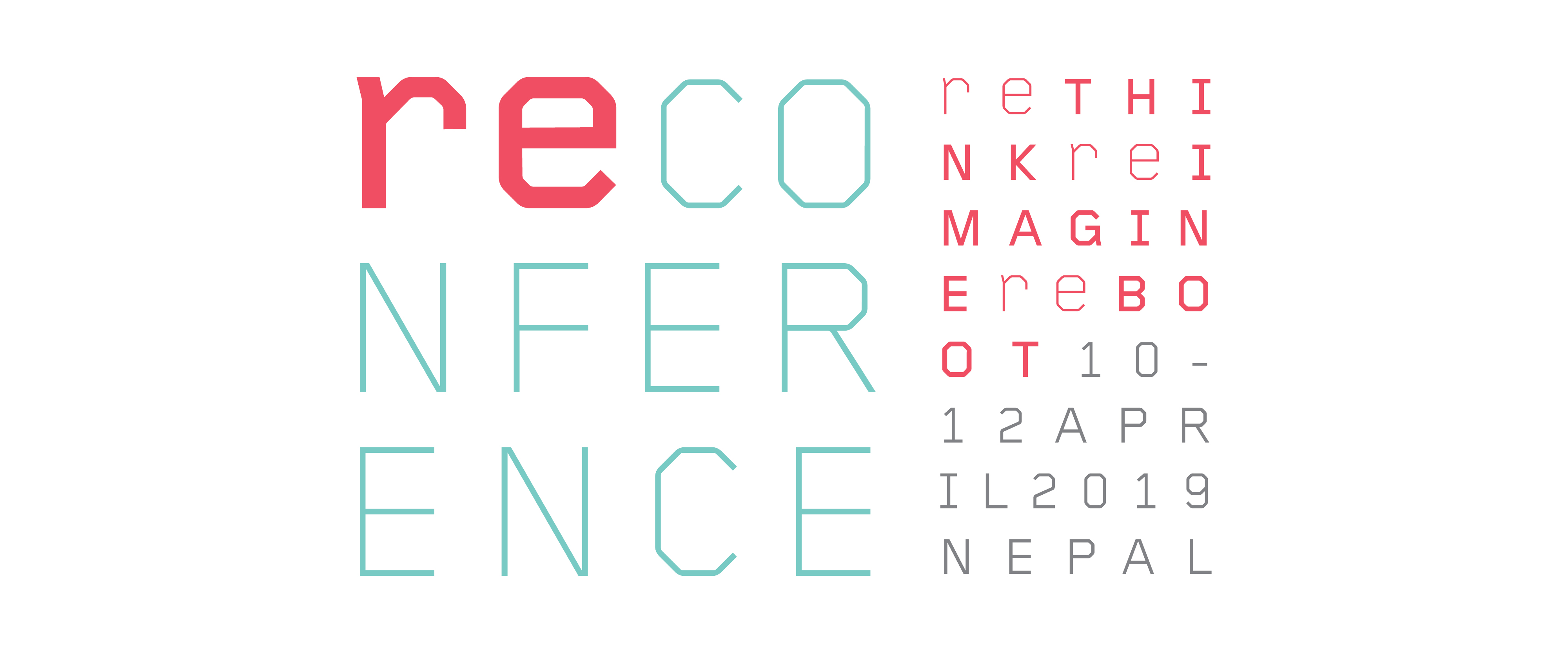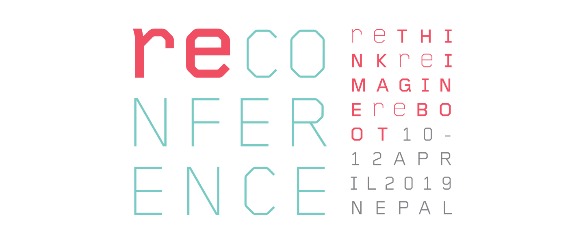consent
Many people are familiar with and accept the idea that consent is an important part of sexual interactions and relationships. This track will delve into how, and what consent looks like – something that has been difficult for people to define, both to themselves and externally.
reconference will be a space to:
rethink critical questions about consent, recognizing the need to ensure that encounters are based on mutual and enthusiastic desire and not just permission.
reimagine how consent plays out for different bodies, in different situations and in different people’s lives.
reboot how ideas of consent can be used to expand an intersectional feminist agenda.
Sexual history in the past several hundred years has been marked by a series of battles around legitimizing people’s ability to engage in sexual behavior. Over time – and unevenly – the reproductive standard of sexual legitimacy has been replaced by a standard of consent.
This track will explore the following questions, allowing us to rethink consent as the only standard for sexual legitimacy:
• What kind of person can give consent?
• What are they consenting to, with whom, and where?
• How do regimes of racial, ethnic and religious subordination shape understandings of consent?
• How is consent demonstrated?
• Who is harmed when consent is deemed to be lacking?
• How do advocates engage in conversations about these questions?
We will also reimagine:
• Standards around sexual consent, which have often been grounded within contexts of violence, with laws around sexual consent framed in protective rather than enabling or empowering terms. In addressing consent, ‘we reach the murky territories of age, gender, (dis)ability, socioeconomic strata, and so on.’*
• Infrastructure and norms to support consent, given that we live in a growing digital age.
• What and how people’s desires are, and how they are expressed as the norm rather than the exception, with the understanding that consent is evolving.
We will reboot conversations that look at consent in often overlooked arenas, such as pleasure and danger.
Knowing that consent cannot be understood in a vacuum, we will challenge it as only being a legal construct. We will broaden conversations on the role that consent can and should play in decriminalization strategies.
_____________
*Consent and International Human Rights Law, the third of the ten part essay series adapted from presentations by Mindy Jane Roseman, Jaime Todd-Gher and Sara Hossain at the Global Dialogue on Decriminalisation, Choice and Consent, organised by CREA and supported by Amnesty International, Human Rights Program (Harvard Law School) and Global Health Justice Partnership (Yale Law School).
reconference will be a space to:
rethink critical questions about consent, recognizing the need to ensure that encounters are based on mutual and enthusiastic desire and not just permission.
reimagine how consent plays out for different bodies, in different situations and in different people’s lives.
reboot how ideas of consent can be used to expand an intersectional feminist agenda.
Sexual history in the past several hundred years has been marked by a series of battles around legitimizing people’s ability to engage in sexual behavior. Over time – and unevenly – the reproductive standard of sexual legitimacy has been replaced by a standard of consent.
This track will explore the following questions, allowing us to rethink consent as the only standard for sexual legitimacy:
• What kind of person can give consent?
• What are they consenting to, with whom, and where?
• How do regimes of racial, ethnic and religious subordination shape understandings of consent?
• How is consent demonstrated?
• Who is harmed when consent is deemed to be lacking?
• How do advocates engage in conversations about these questions?
We will also reimagine:
• Standards around sexual consent, which have often been grounded within contexts of violence, with laws around sexual consent framed in protective rather than enabling or empowering terms. In addressing consent, ‘we reach the murky territories of age, gender, (dis)ability, socioeconomic strata, and so on.’*
• Infrastructure and norms to support consent, given that we live in a growing digital age.
• What and how people’s desires are, and how they are expressed as the norm rather than the exception, with the understanding that consent is evolving.
We will reboot conversations that look at consent in often overlooked arenas, such as pleasure and danger.
Knowing that consent cannot be understood in a vacuum, we will challenge it as only being a legal construct. We will broaden conversations on the role that consent can and should play in decriminalization strategies.
_____________
*Consent and International Human Rights Law, the third of the ten part essay series adapted from presentations by Mindy Jane Roseman, Jaime Todd-Gher and Sara Hossain at the Global Dialogue on Decriminalisation, Choice and Consent, organised by CREA and supported by Amnesty International, Human Rights Program (Harvard Law School) and Global Health Justice Partnership (Yale Law School).





